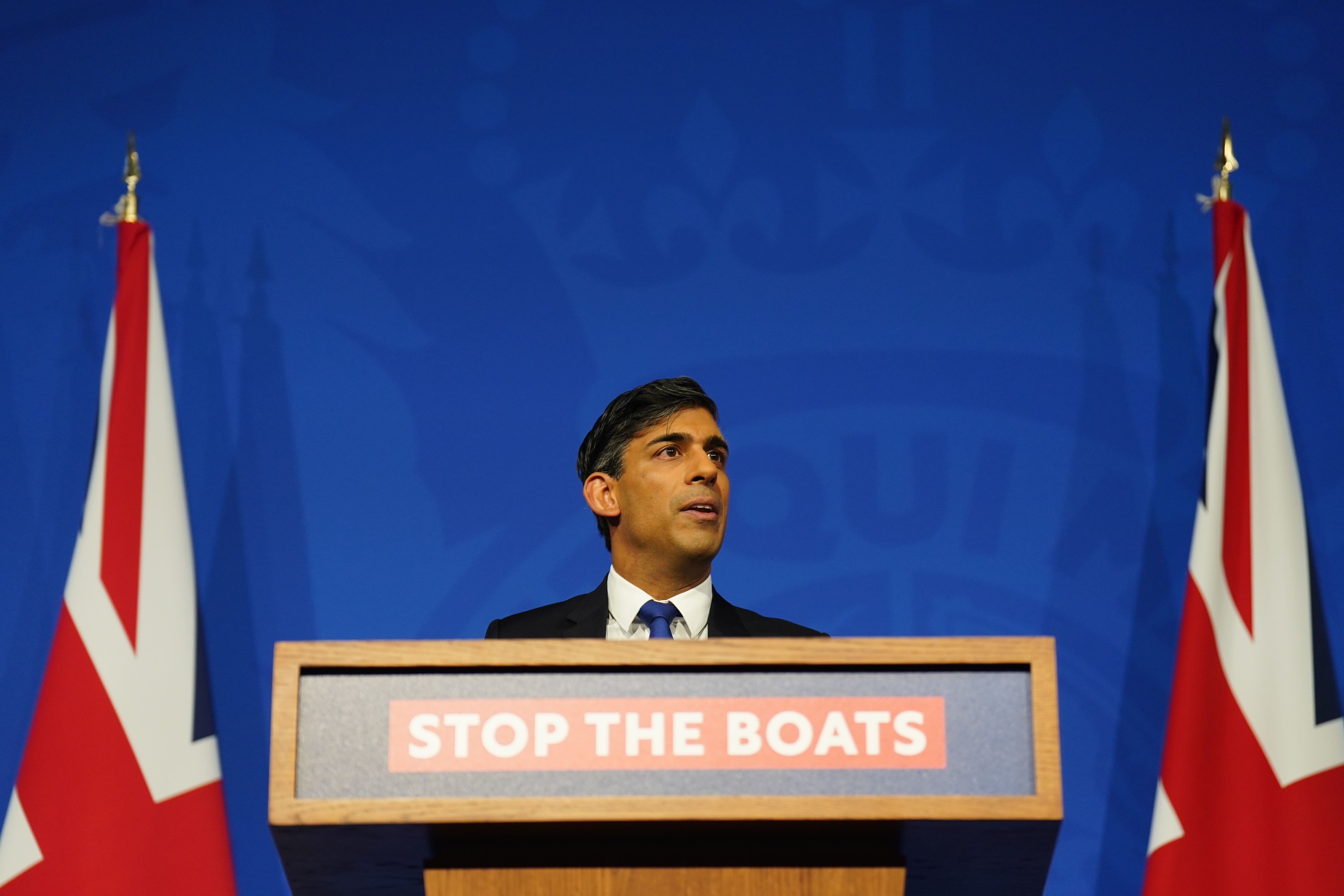Brexit has been bad for the UK economy, majority of Britons believe
Despite the promise leaving the EU would help the UK control its borders, most people surveyed said Brexit had hampered the ability to control immigration
Your support helps us to tell the story
From reproductive rights to climate change to Big Tech, The Independent is on the ground when the story is developing. Whether it's investigating the financials of Elon Musk's pro-Trump PAC or producing our latest documentary, 'The A Word', which shines a light on the American women fighting for reproductive rights, we know how important it is to parse out the facts from the messaging.
At such a critical moment in US history, we need reporters on the ground. Your donation allows us to keep sending journalists to speak to both sides of the story.
The Independent is trusted by Americans across the entire political spectrum. And unlike many other quality news outlets, we choose not to lock Americans out of our reporting and analysis with paywalls. We believe quality journalism should be available to everyone, paid for by those who can afford it.
Your support makes all the difference.It’s more than seven years since a tired and disheveled Nigel Farage delivered his Brexit winning speech to the media, triumphantly declaring “this will be a victory for real people”.
But today, with the UK facing rising prices in the shops and its government struggling to control immigration, a new poll has revealed the majority of the British public believe leaving the EU was bad for the country’s economy.
The survey of 2,000 UK voters, run by Opinium for theThe Observer on the third anniversary of the UK leaving the EU single market and customs union, showed more than half of people thought Brexit had been harmful to the UK economy.
More than 60 per cent felt Brexit had been bad for prices in the shops and 53 per cent said it had hampered the UK’s ability to control immigration.
In terms of Brexit’s overall impact on the UK, just short of 50 per cent of people surveyed said it had been negative, while just over 22 per cent believed it has been positive.

Vote Leave, the official party of the Brexit campaign, promised voters that leaving the EU would leave the UK in charge of its own borders, giving the country the choice on who enters without being overuled by European judges.
It also said there would be more jobs through new trade deals struck with countries such as Australia and Brazil, and that an exit would save the country £350 million a week, which could be spent in schools and the NHS.
However, in November this year, the NHS recorded its highest number of people on waiting lists, while inflation caused rising prices in the shops as food banks reported giving out a record number of emergency parcels over the past six months.

The government has also struggled to tackle immigration with Channel crossing approaching 30,000 for 2023. The year started with Rishi Sunak’s promise to “stop the boats”.
James Crouch, head of policy and public affairs at Opinium, said: “Public discontent at how Brexit has been handled by the government continues, with perceived failings even in areas previously seen as a potential benefit from leaving the EU.
“More than half (53 per cent) of leave voters now think that Brexit has been bad for the UK’s ability to control immigration, piling even more pressure on an issue the government is vulnerable on.
“Despite this, Brexit is likely to be a secondary issue at the next election compared to the state of the economy and the NHS, which are the clear priority for voters.”

Join our commenting forum
Join thought-provoking conversations, follow other Independent readers and see their replies
Comments